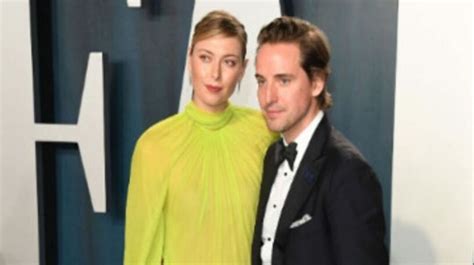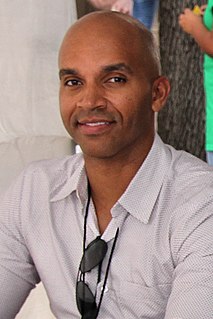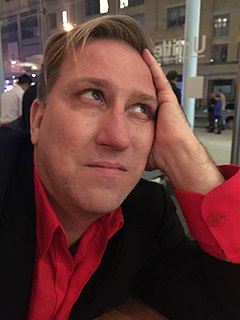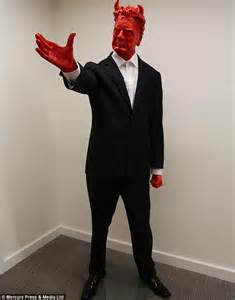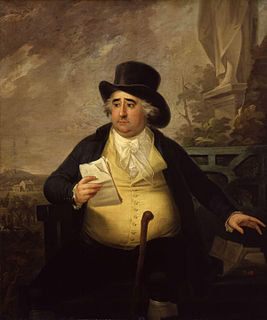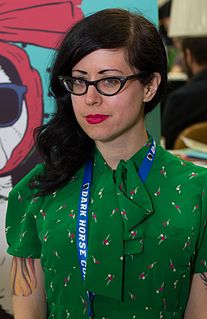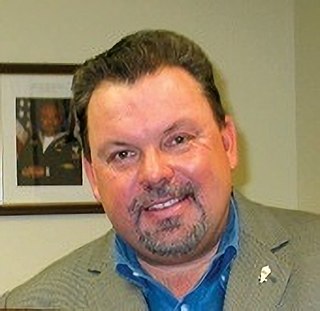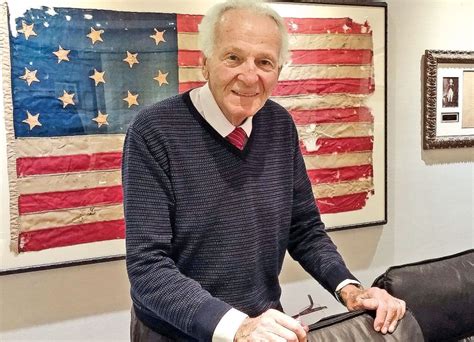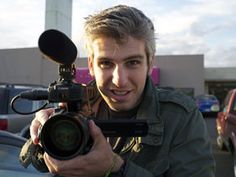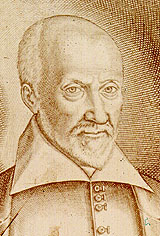A Quote by Alexander Gilkes
If you're trying to learn how to collect art, the key is getting access to insider opinions, and we pride ourselves on working with the most relevant artists and the collectors with the most authoritative voices.
Related Quotes
When we don't pay close attention to the decisions made by our leaders, when we fail to educate ourselves about the major issues of the day, when we choose not to make our voices and opinions heard, that's when democracy breaks down. That's when power is abused. That's when the most extreme voices in our society fill the void that we leave. That's when powerful interests and their lobbyists are most able to buy access and influence in the corridors of power - because none of us are there to speak up and stop them.
No human government has a right to enquire into private opinions, to presume that it knows them, or to act on that presumption. Men are the best judges of the consequences of their own opinions, and how far they are likely to influence their actions; and it is most unnatural and tyrannical to say, "as you think, so must you act. I will collect the evidence of your future conduct from what I know to be your opinions."
Pride is a terrible and dangerous thing. It can take so many forms; it can even assume the appearance of humility. Pride can lead not only to self-exaltation, but also to self-abasement. The key to battling pride is not found in struggling against thinking too highly of ourselves or in striving to think of ourselves as lowly. The key is found in simply not thinking about ourselves at all, but setting our minds on Christ and the needs of others.
At one point cinema and photography weren't treated as art. Now it's crazy to think they're not. The key question is "What is art today?" The most important artists of the last 20 years are Steve Jobs and Jonathan Ive, because the influence they have had is incredible and they've changed the world. That is art.
A lot of young artists in particular think you can just do one great thing and then sit back and collect checks. Most artists, even people like Dan Clowes, who's one of my heroes, don't just do comics. He does paid illustration. He writes screenplays, and so forth, working and selling lots of different things.
The No. 1 quote critics give me is, 'Thom, your work is irrelevant.' Now, that's a fascinating, fascinating comment. Yes, irrelevant to the little subculture, this microculture, of modern art. But here's the point: My art is relevant because it's relevant to 10 million people. That makes me the most relevant artist in this culture.
One thing you learn about doing nonfiction is that you've got to get it right, fact-check, do your research. You've got to not only get the facts right but represent the subject to the world in a way that insiders feel like it's an access port and outsiders can access it. If you're too insider, you block access to anyone else.
Most artists are brought to their vocation when their own nascent gifts are awakened by the work of a master. That is to say, most artists are converted to art by art itself. Finding one's voice isn't just an emptying and purifying oneself of the words of others but an adopting and embracing of filiations, communities, and discourses. Inspiration could be called inhaling the memory of an act never experienced. Invention, it must be humbly admitted, does not consist in creating out of void but out of chaos. Any artist knows these truths, no matter how deeply he or she submerges that knowing.
